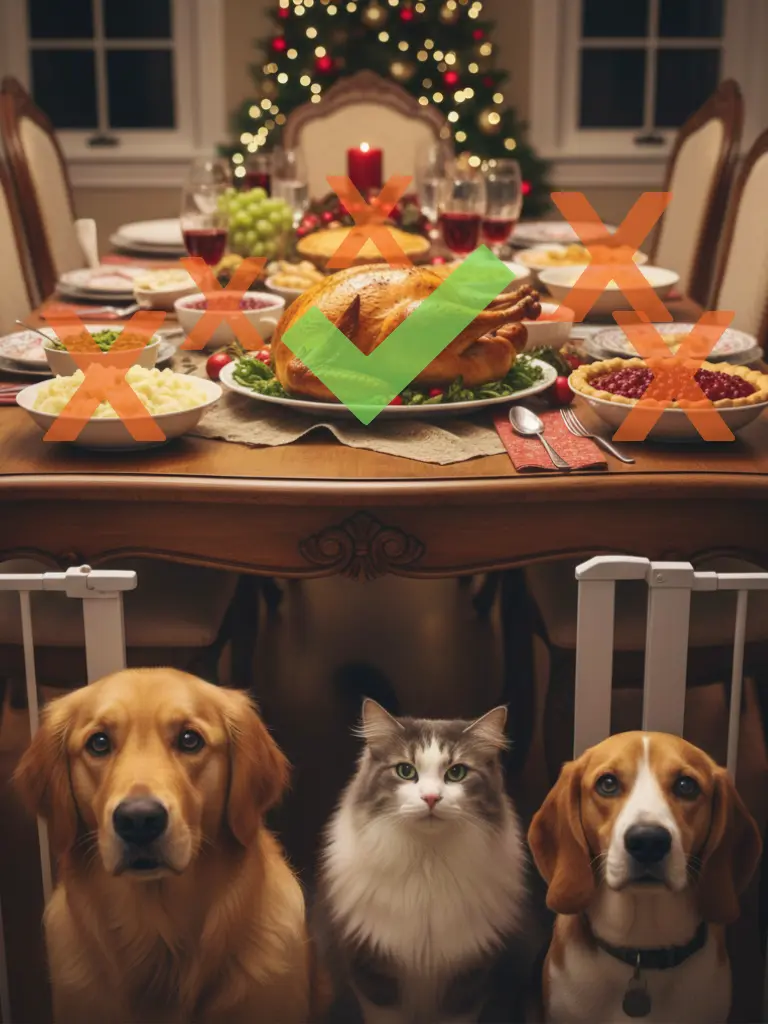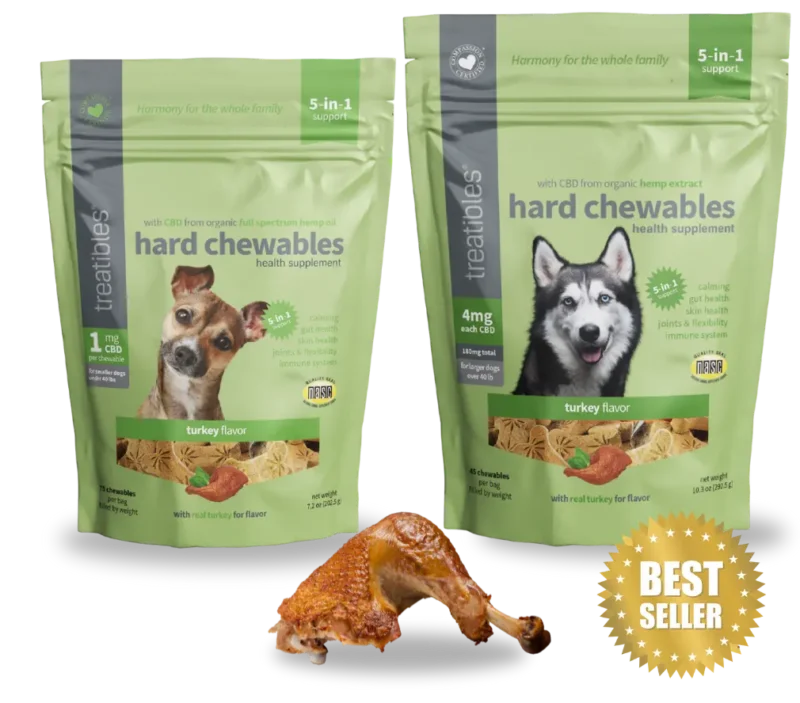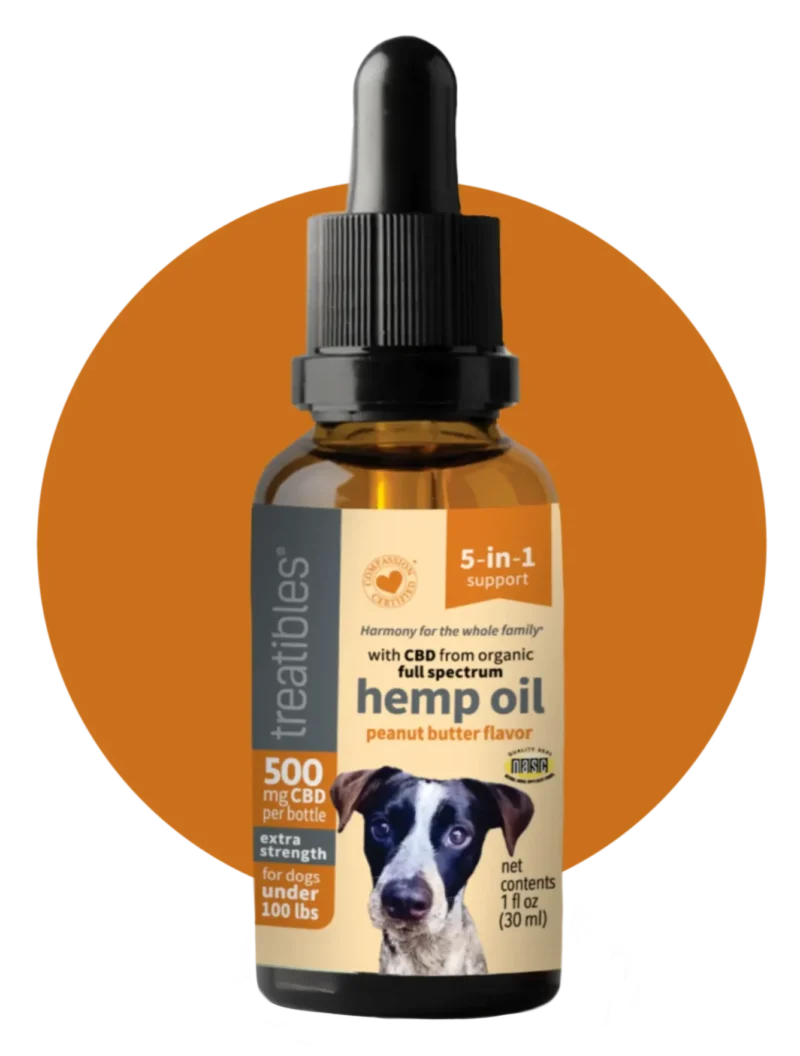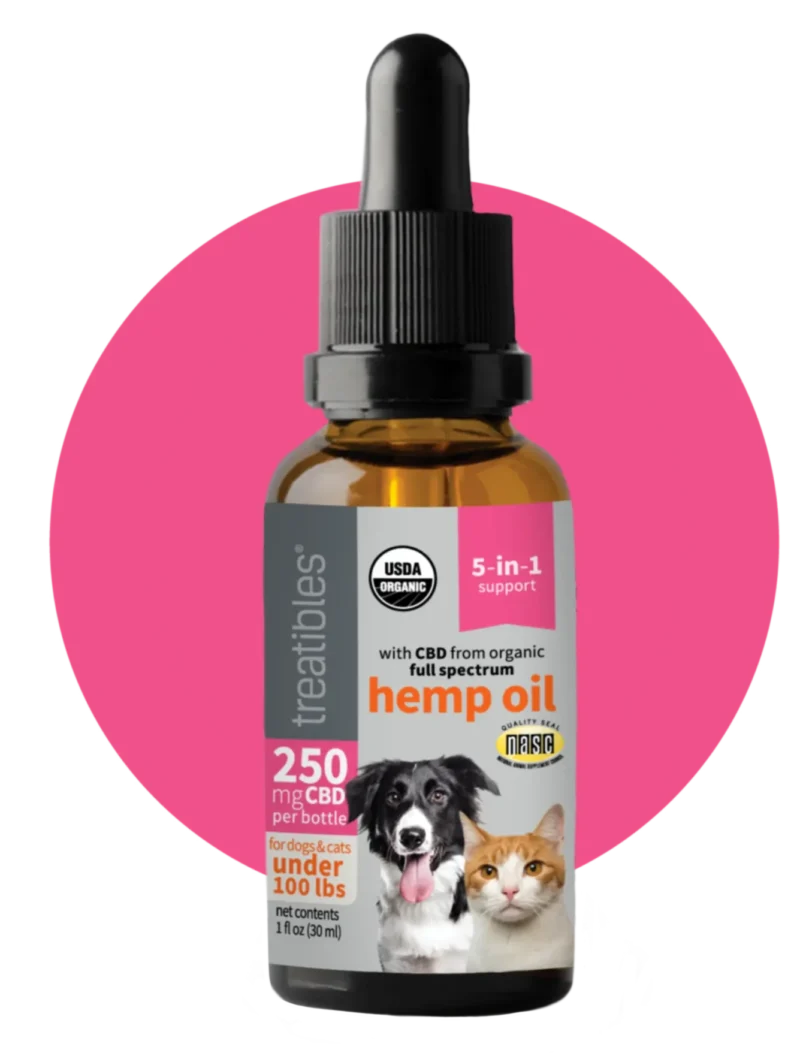
Holiday Feast Faux Paws: Why Table Scraps Can Be Dangerous for Your Pets
The holidays are a time of joy, family, and, let’s be honest, an abundance of delicious food. As we gather around tables laden with turkeys, hams, gravies, and desserts, it’s only natural for our beloved pets to join in the festive atmosphere, often with pleading eyes fixed on our plates. It’s tempting to share a little bit of our holiday bounty with them, a small token of love. But before you slip Fido a piece of turkey skin or let Whiskers lick the gravy boat, consider this: sharing your holiday table food with pets can be incredibly dangerous, leading to serious health issues or even life-threatening emergencies.
Understanding these risks is crucial for keeping your furry family members safe and happy throughout the festive season.
The Hidden Hazards in Your Holiday Dishes
Out of all the food you’ll be serving TURKEY is 100% Safe.
Many of the ingredients that make our holiday meals so flavorful are toxic or harmful to pets.
High Fat Content: Rich, fatty foods like turkey skin, gravy, prime rib, and butter-laden dishes are a major culprit. While delicious for us, they can quickly lead to pancreatitis in dogs and cats. This painful inflammation of the pancreas can cause severe vomiting, diarrhea, abdominal pain, lethargy, and requires immediate veterinary attention.
Bones: Cooked bones, especially from turkey and chicken, are brittle and can splinter easily. These sharp fragments can cause serious damage by getting lodged in your pet’s throat, stomach, or intestines, or even perforating the digestive tract. Raw bones also carry risks of bacterial contamination.
Onions, Garlic, Chives, Leeks: These common aromatics, found in stuffings, gravies, mashed potatoes, and many savory dishes, are part of the Allium family and are highly toxic to both dogs and cats. They can cause damage to red blood cells, leading to anemia, weakness, vomiting, and collapse. The effects can be delayed, so symptoms might not appear immediately.
Grapes and Raisins: Often found in fruitcakes, puddings, or as snacks, grapes and raisins are extremely toxic to dogs and can cause acute kidney failure. Even a small amount can be dangerous, and the exact toxic dose is unknown, making any exposure a significant risk.
Chocolate: A holiday staple in candies, desserts, and hot cocoa, chocolate contains theobromine, which is poisonous to dogs and cats. Dark chocolate and baking chocolate are the most dangerous, but even milk chocolate can cause vomiting, diarrhea, tremors, seizures, and heart problems depending on the amount ingested.
Xylitol: This artificial sweetener is increasingly found in sugar-free baked goods, candies, chewing gum, and even some peanut butters. Xylitol is profoundly toxic to dogs, causing a rapid and severe drop in blood sugar (hypoglycemia) and potential liver failure.
Yeast Dough: Raw yeast dough (like unbaked bread rolls) can expand in your pet’s warm stomach, causing bloating and potentially a life-threatening condition called gastric dilatation-volvulus (GDV) or “bloat.” The yeast also ferments, producing alcohol which can lead to alcohol poisoning.
Nuts: Macadamia nuts are particularly toxic to dogs, causing weakness, vomiting, tremors, and hyperthermia. Other nuts, while not always toxic, are high in fat and can pose a choking hazard or lead to digestive upset.
Alcohol: Even small amounts of alcoholic beverages, or foods cooked with alcohol (like rum cake), can be very dangerous for pets, leading to vomiting, disorientation, respiratory distress, and central nervous system depression.
How to Keep Your Pets Safe This Holiday Season
Stick to Their Regular Diet: The safest approach is to feed your pets their normal, high-quality pet food. If you want to give them a special treat, opt for pet-safe options like specially formulated holiday dog biscuits or small pieces of plain, cooked, boneless turkey breast (without skin or seasoning).
Secure the Food: Keep all holiday food, drinks, and garbage out of reach. Use pet gates to block access to the kitchen or dining area if necessary.
Educate Guests: Make sure all family members and guests know not to feed your pets from the table. Many people are unaware of the dangers.
Provide Distraction: Give your pet a new toy or a long-lasting, pet-safe chew during meal times to keep them occupied and away from temptation.
Know Your Emergency Vet: Have the number for your veterinarian and the nearest emergency vet clinic handy, just in case. If you suspect your pet has eaten something harmful, contact them immediately.
While it’s heartwarming to include our pets in our holiday celebrations, the best way to show them love when it comes to food is by keeping them safe from harmful human treats. A little planning and vigilance can ensure a happy, healthy, and emergency-free holiday season for everyone, including your cherished companions.
-
For Dogs
Hard Chewables Turkey Flavor 1 mg & 4 mg for Dogs
From $10.00 — or subscribe to save up to 20% Buy Now This product has multiple variants. The options may be chosen on the product pageRated 4.88 out of 5


